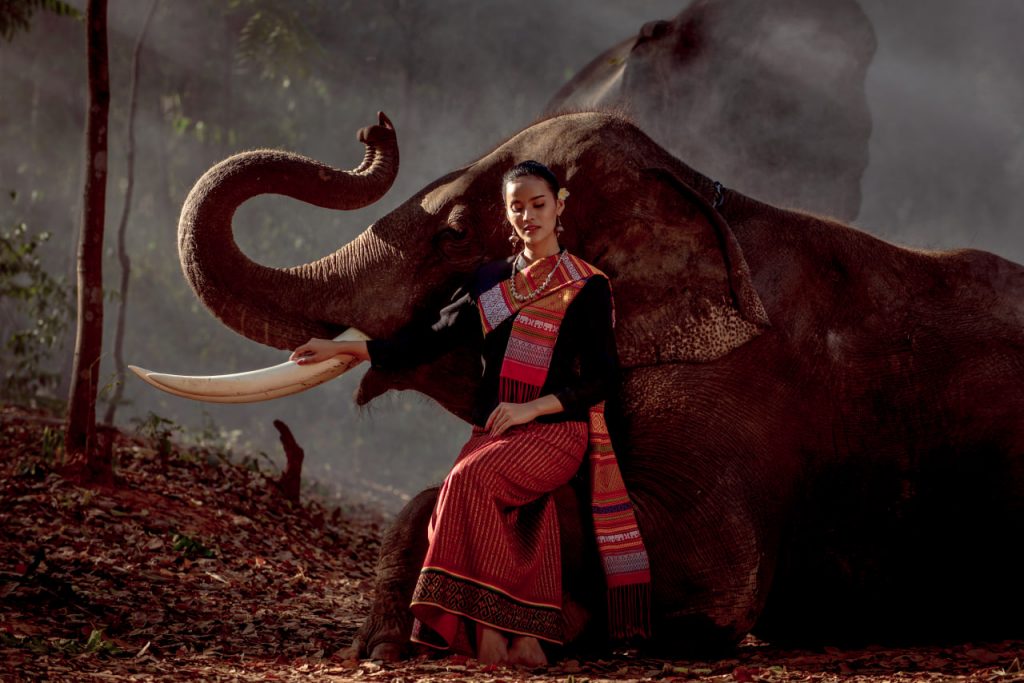As an artist and performer, I’ve always been drawn to the beauty of world music. The rich textures, the history embedded in every note, the passion and spirituality woven into each song—they all captivated me. But for years, I hesitated to dive deeper into learning traditional vocal styles from cultures outside my own. I couldn’t shake the feeling that I would be crossing a line—one that I didn’t have the right to cross.
Cultural appropriation is a heavy word. As an artist, I want to respect the integrity of each tradition. I want to honor the songs, the stories, and the rituals that have been passed down through generations. But how could I do that without feeling like an outsider—an intruder?
That was until I discovered Voice of Tradition.
What makes Voice of Tradition so different from other platforms offering world music lessons is their deep commitment to authenticity, respect, and cultural sensitivity. The focus here isn’t just on learning a song or a technique; it’s about understanding the context behind it. The why, not just the how.
When I first signed up for their course on West African vocal traditions, I was blown away by how much care went into ensuring the material was taught with integrity. Our instructor didn’t just show us the vocal techniques—they shared the cultural significance behind the music. We learned about the role these songs played in their communities, the way they were passed down through oral tradition, and how they were linked to ceremonies, rituals, and daily life.
Most importantly, they addressed the idea of appropriation head-on. They made it clear that it wasn’t enough to just “learn the songs” or replicate a vocal style. The deeper question was about how to engage with these traditions in a way that was respectful and responsible.
The lessons weren’t just about singing—they were about stewarding culture. We were encouraged to ask questions like:
- What is my role as a student in this tradition?
- How can I ensure that the music I am learning is being shared and honored in the right context?
- How can I use my own voice and platform to elevate these traditions, rather than flattening them or making them “exotic”?
It was a conversation, not just a lesson. A conversation about respect, lineage, and the shared human experience of music-making.
Since taking this course, I’ve felt more confident in my ability to engage with traditional vocal styles—without guilt or fear. I know now that learning these songs isn’t about me “borrowing” from another culture; it’s about respecting and sharing the beauty I’ve learned. It’s about understanding that music is a bridge, not a boundary.
In a world where the line between appreciation and appropriation can feel blurry, Voice of Tradition offers a clear path forward. It’s a space where learning isn’t about taking—it’s about giving back.
As an artist, this approach has given me not only the technical skills I was looking for, but also the deep understanding and ethical responsibility to carry these traditions forward with love and care.
So, for anyone out there who, like me, has hesitated to explore other cultures’ music out of fear of doing harm—Voice of Tradition has shown me that it’s possible to learn from the past, to honor it, and to share it in a way that is both meaningful and respectful.
Finally, I can embrace tradition without appropriation. And for that, I am incredibly grateful.
— A Responsible Artist

